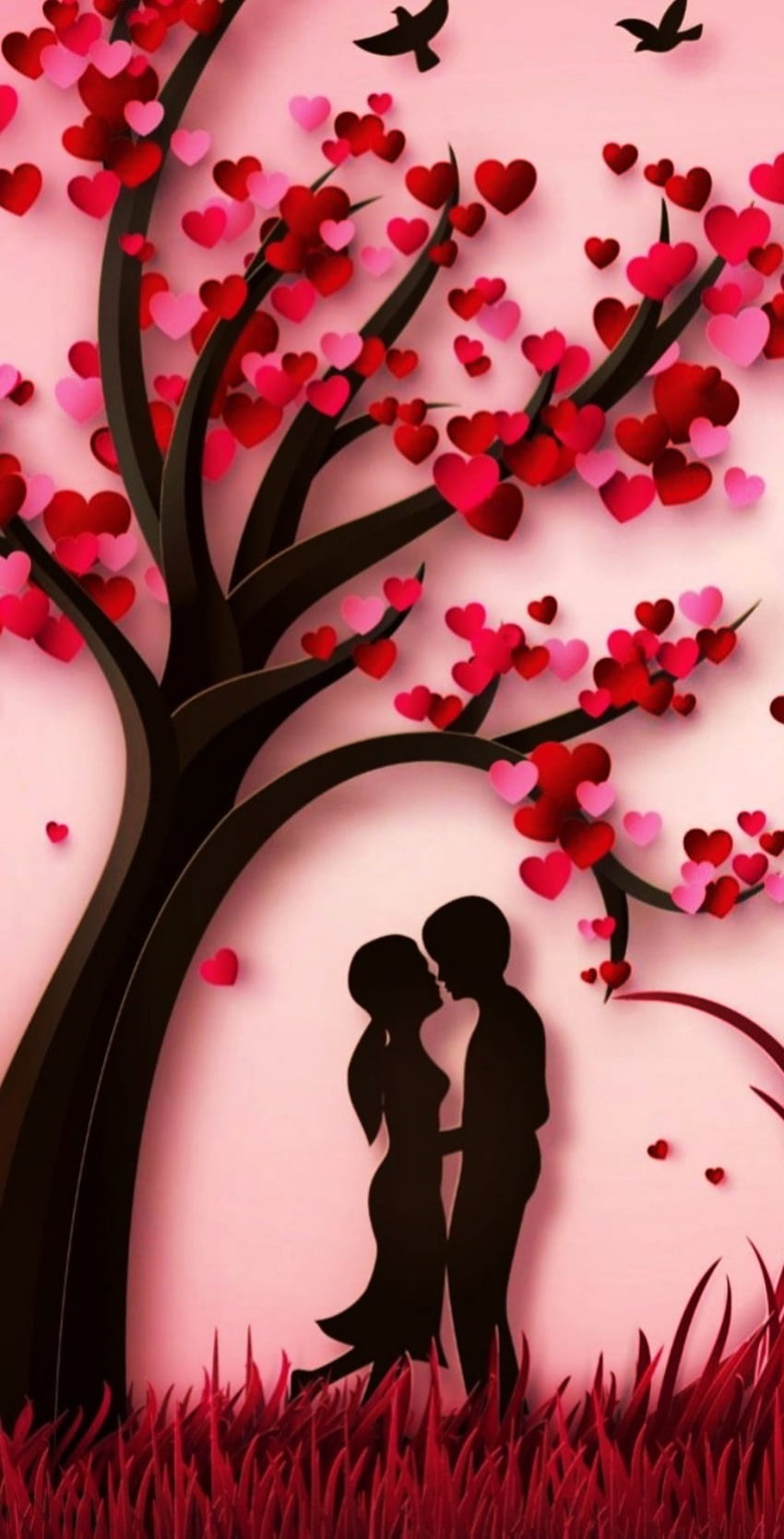There is no agreed-upon definition of romantic love, although it is commonly understood to be a feeling that arises from, or contributes to, a strong emotional connection with another person. The theme of romantic love has been explored in innumerable works of art over the course of many centuries.
Anyone who has ever been in love understands that it is difficult and can cause a wide range of feelings, from elation to despair. The highs and lows of a romantic relationship include the euphoric “honeymoon” period, the inevitable lows of disappointment, and the ideal highs of acceptance and the wish to commit permanently. The benefit of a good, long-lasting relationship is worth the effort it takes to get through these stages.
Romantic Love vs. Other Kinds of Love

Intimacy, passion, and commitment are the three pillars of Sternberg’s triangular theory of love. These principles can be applied to every type of human interaction, not only romantic ones. There are seven distinct kinds of love, each defined by the presence, absence, or interplay of these three factors.1
Phases of Romantic Love

Some of Sternberg’s stages of love can be seen in the typical development of romantic love. Friendship or infatuation may be the first step in a relationship, followed by romantic love and finally consummation. You could go from being all over heels in love to just being friends, or vice versa.
Infatuation

During the infatuation stage, often known as the lust phase, being with your lover fills you with feelings of excitement, passion, and elation. Dopamine and norepinephrine, two “feel-good” neurochemicals in the brain, are released.2 Some of the side effects of these substances include euphoria, decreased appetite, and trouble sleeping. To be so “in love” that you lose your appetite and sleep is a real thing.
Disillusionment
A feeling of disenchantment is often the first indicator that the initial excitement is starting to wear off. The truth sinks in, and you begin to see your mate for who they really are. Some of the qualities you first found end up being undesirable. Someone who came across as strong and sure of themselves may suddenly come across as abrupt and closed off.
When the initial excitement of a new relationship wears off, each of you reveals more of your true selves and becomes less patient and selfless. Even though you made an effort to meet the other person’s demands at first, you may now feel neglected.
Challenges
The relationship is at a crossroads right now. To get through this stage, you’ll need to develop the skills of compromise, communication, and dispute resolution. Instead of focusing on persuading your partner to change, work on developing mutual respect. You will find out if the two of you truly want the relationship to succeed.
Mature Love
Even if the flames of desire go down, the love between two people can still last a lifetime. Sternberg defines “mature love” as the kind of commitment seen in healthy marriages and other long-term partnerships. Maturity in a romantic relationship is evidenced when a couple lives together out of mutual desire rather than out of some unreasonable need.
Romantic Love and Sexual Desire
In most committed partnerships, sex is a priority for both partners. Sexual attraction can exist without an emotional connection, and vice versa, although the two go hand in hand in most cases of romantic love. Since they elicit comparable neural responses, scientists wonder if the two reinforce one another.4
Also Read: West Bengal Introduces 4-Year UG Honours Courses for Government, State Colleges This Year
According to evolutionary psychologists, a deeper connection is formed when sexual desire is combined with love. For the sake of the kids, this keeps parents together.





